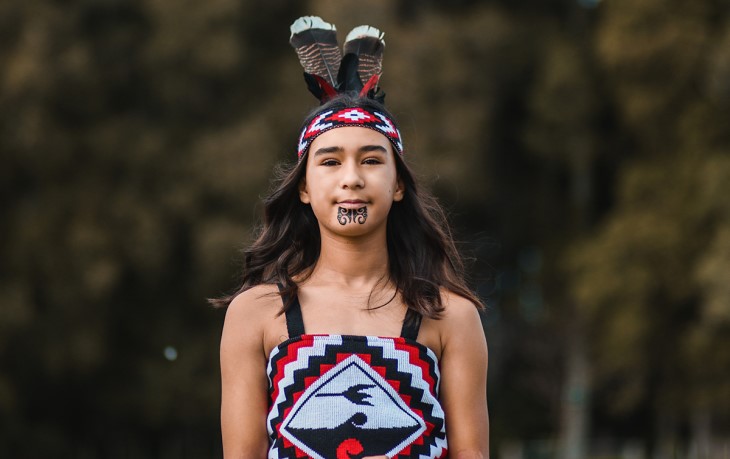Johnny’s story: Helping others after a life-changing injury Te kōrero a Johnny: E āwhina ana i ētahi atu i muri mai i te wharanga nunui rawa
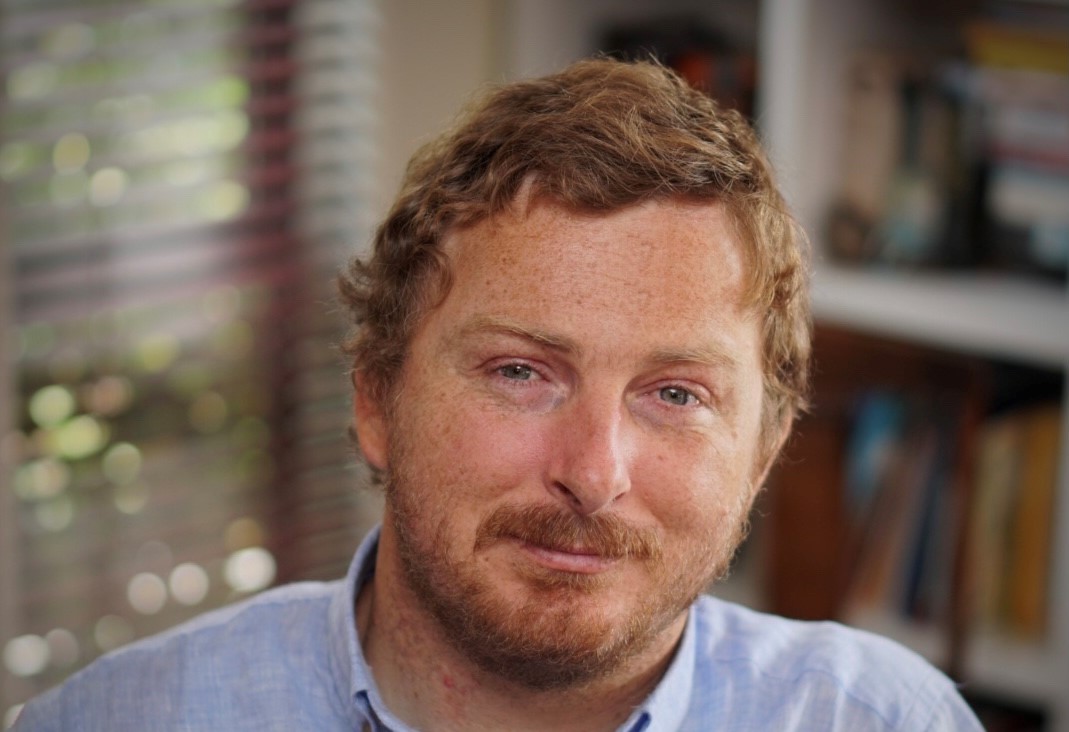
After breaking his neck in a surfing accident at 22, Johnny Bourke has gone on to achieve a stellar academic career. His story shows what's possible if you never give up.
Tetraplegic Dr Johnny Bourke always tells his 10-year-old twin boys to be brave. Now it's his turn.
The 39-year-old from Christchurch has recently started a two-year placement as a research fellow at the University of Sydney.
The role is about taking research and looking at how it can be developed into real-world outcomes.
It comes on the back of Johnny being awarded the Canterbury Medical Research Fund Emerging Researcher Fellowship for 2022, after examining positive relationships between disabled people and support workers.
“It’s important because the disability health carers workforce is under pressure with the amount of carers available, their value and their pay,” he says.
“We need to understand what makes those good relationships work in order for the sector to be strengthened.”
His Sydney posting is a huge honour but also caused Johnny a few sleepless nights as he had to leave behind much of the support he needs to live with a high-level spinal injury.
“My wife Corrin and I knew that if we didn’t try, we would always regret it,” he says from his new home in Cronulla.
“We wanted to give it our best shot. We keep telling our kids that all we want you to do is try and give it a go, so we had to be role models in that respect.”
The planning for the move across the Tasman began in May last year. Moving countries as a tetraplegic with a young family was a daunting challenge.
But part of the appeal of the role at the John Walsh Centre for Rehabilitation Research was going outside of his comfort zone.
“When you have a spinal cord impairment, you feel like you're constantly outside of your comfort zone, whether it's dealing with pain, just getting up in the morning or dealing with accessibility in the community.”
ACC is supporting Johnny to work overseas. We're funding his attendant care while he's in Sydney.
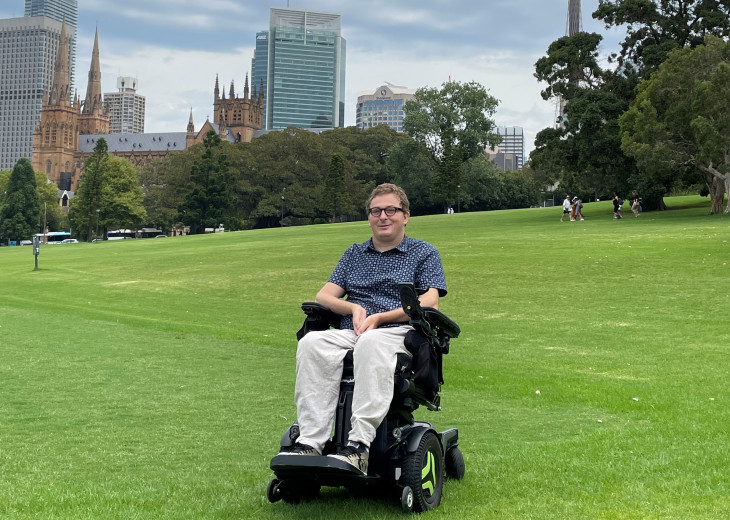
Dr Johnny Bourke in Sydney Domain
'The day my life changed forever'
Johnny has clear memories of his surfing accident in 2005.
“When you wake up that morning, you never know it’s going to be the day that changes your life forever,” he says.
Johnny was five days into a three-month surfing trip around Southeast Asia.
He wiped out on a wave in Indonesia and his head was rammed into the sand and reef. It pushed his head into his chest with some real force. The impact crushed Johnny’s C4 and C5 vertebrae.
“I was floating face down in the water and was lucky there was another surfer there to save me. He pulled me out of the water.”
Johnny was flown to Singapore to have surgery to stabilise his spine. He was in intensive care for three weeks.
“It was a really intense and challenging time for me and my family,” he says. “That was the start of my journey of living with a spinal cord impairment.”
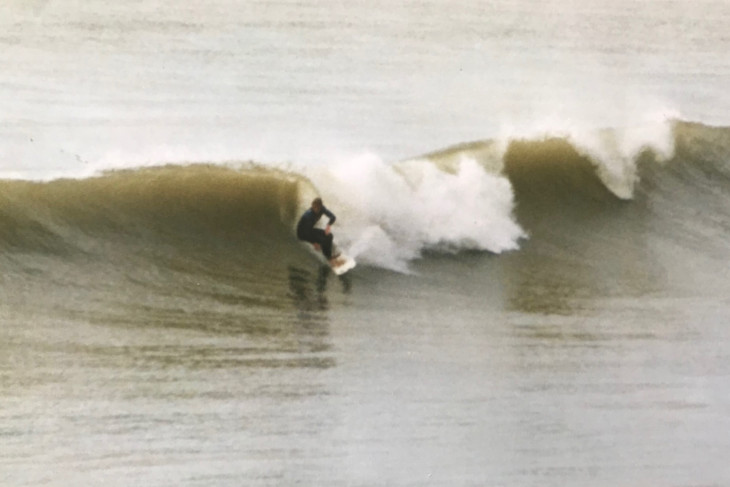
Life before his accident – Johnny loved to surf
Long road to recovery
Johnny was flown home and stayed at the Burwood Spinal Unit in Christchurch for six months.
When he returned home, he was pretty deflated.
“I didn’t want to be at a Spinal Unit, paralysed in a hospital bed looking out the window at the frost and unsure what life was going to be like,” he says.
“I wanted to be able bodied and running around the beach in Indonesia in my shorts. I had to try and focus on the things I could control. I started to learn about life with a spinal cord injury.”
He remembers feeling like he was living life in a glass jar.
“I felt like I had been taken away from society and everyone else was still out there having a great time. I felt trapped.”
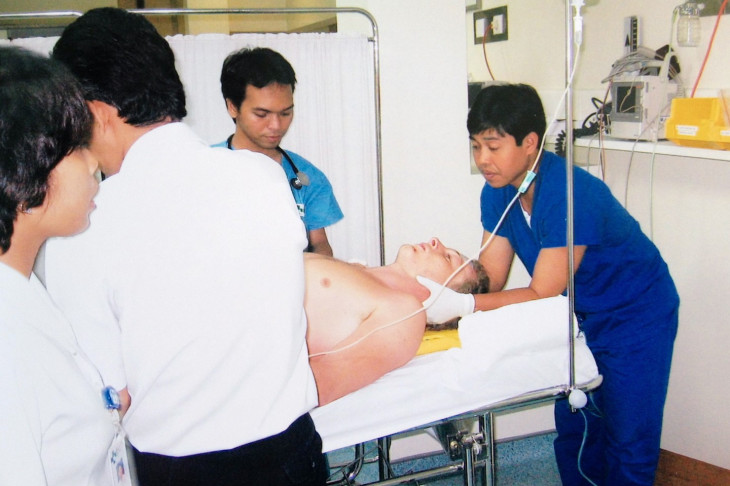
Being treated in a Singapore hospital
When Johnny was in the spinal unit, he became good friends with an Australian boy in the bed next to him who also had an injury.
“We stayed friends and I got to know his family well. To cut a long story short, years later I married his younger sister Corrin, and we had twin boys.”
Five months into his rehab, Johnny was struggling. He had a turning point in his outlook.
He was chatting with his family and talking about whether your identity is in your head or in your body.
“One of my family members said, ‘What if we took your brain and implanted it into someone else’s walking body, would that make you happy?’ That was when I realised whether my body was paralysed or not, I still really valued and loved my body. It really hit home for me.
“From that moment on, I realised I have a lot of love for myself. I still have a lot to achieve in this world and I'm going to give it a good crack.”
When Johnny left the spinal unit, he decided to go to university and study something that would help make a difference.
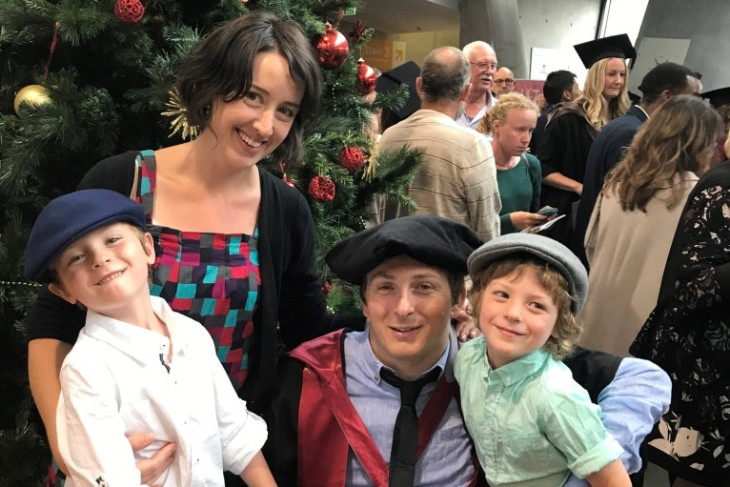
Graduating with a PhD
The role of ACC
The support of ACC has been a pillar in Johnny’s life.
“It's been instrumental in achieving all of the things I have in my life," he says.
“I’m really fortunate to have the support of ACC. I know not everyone with a spinal cord impairment in New Zealand has the same level of funding.
“And even now to come over to Sydney and do this role, ACC was instrumental in making that happen, through helping to fund the attendant care support over here.”
ACC has played a leading role in Johnny’s rehabilitation. We have covered his medical costs, surgeries, home modifications, home help, a modified vehicle, vocational rehab, and attendant care to help him live an independent life.
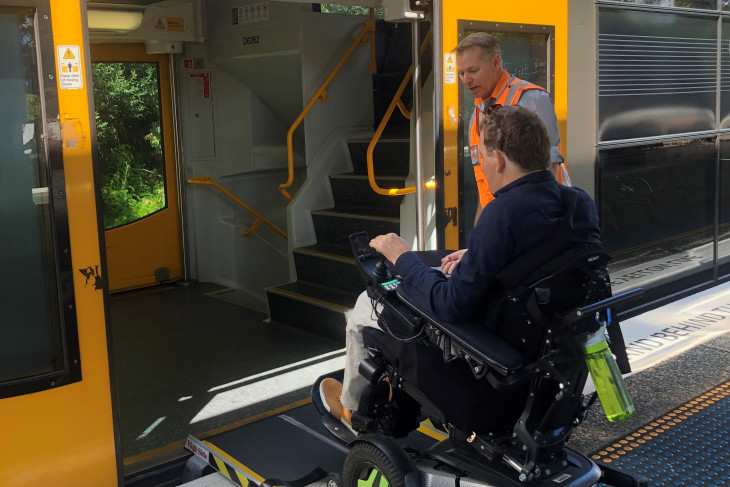
Living an independent life
Making a difference for others
After his accident, Johnny never thought working for an international university would be possible.
“Every morning when I go into work, I pinch myself. I catch the train and I go past the Sydney Opera House and I can see the Harbour Bridge. It still hasn’t sunken in to be honest.”
He took his recovery one step at a time and excelled in his academic study.
He has a PhD from the University of Canterbury, a Master's of Health Science (rehab) from the University of Otago and a BA (psych) from Massey University.
“My PhD represents that I can still achieve awesome things after my injury. It was a real personal journey and I typed out my thesis with my little finger.
“People would say to me that you have to be really smart to do a PhD but from my experience it was more about not giving up and persevering until you get to the end.”
Johnny wants to help improve life for those living with a disability.
He has simple advice for those who are at the start of their journey with a spinal injury.
“It’s easy to look at the downsides of living with a spinal cord injury. They are often just cultural ideas about how awful it is to be paralysed, you have to rely on others or whatever, but you’ll be really surprised about how good it can be.
“As long as you believe in possibilities and then have the courage to go and achieve them, you can live a great life.”
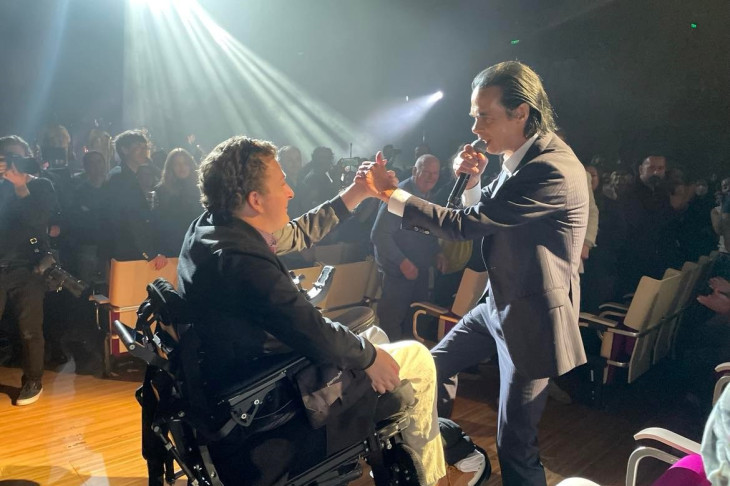
Johnny with famous musician Nick Cave
Spinal injuries in New Zealand
- There are approximately 5,000 New Zealanders living with spinal cord impairments.
- Around 220 people sustain a permanent spinal cord impairment in New Zealand every year.
- Approximately two thirds of these are accidents and one third are health-related.
- ACC funds the Peer and Whānau Support programme for the NZ Spinal Trust and Spinal Support NZ.




